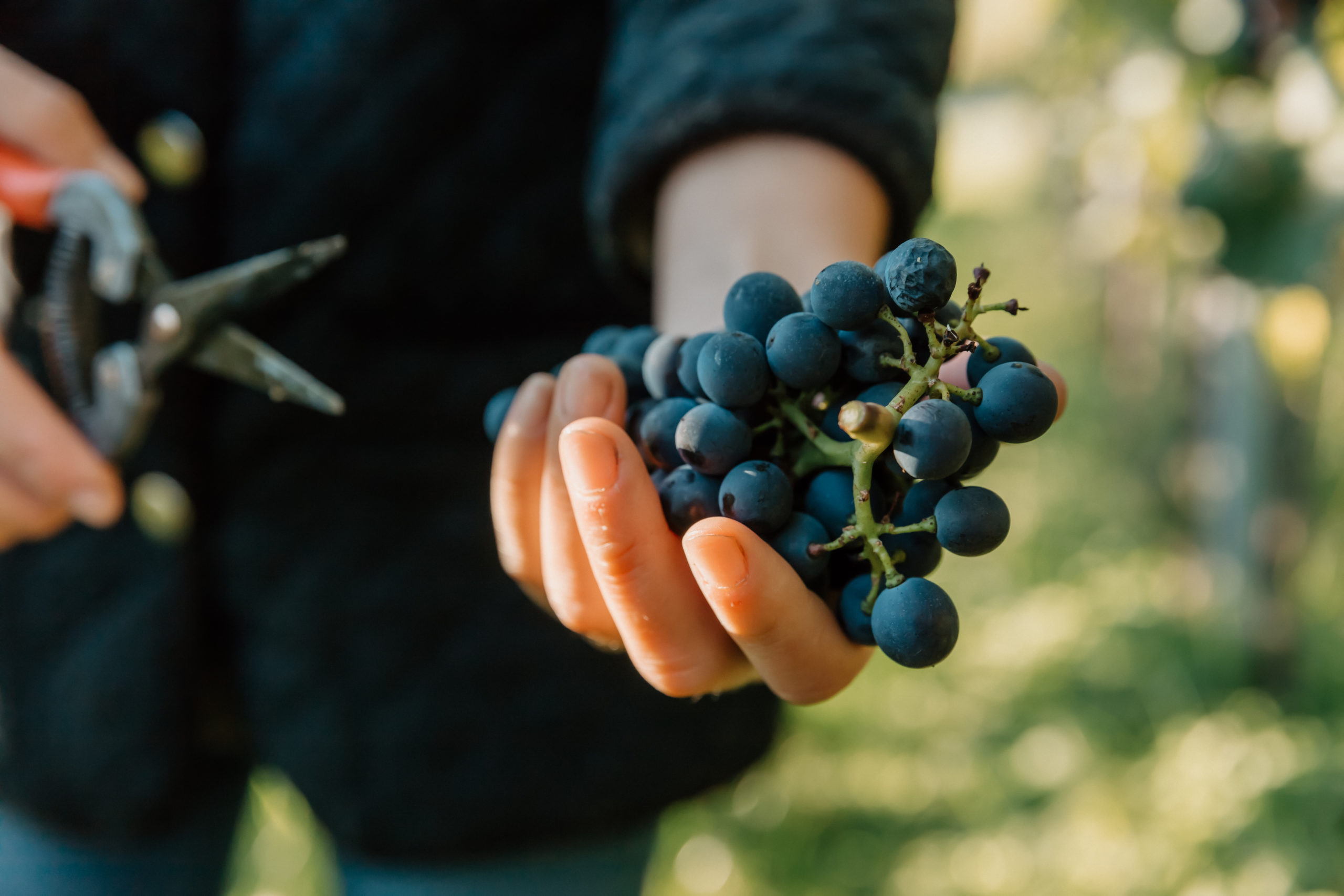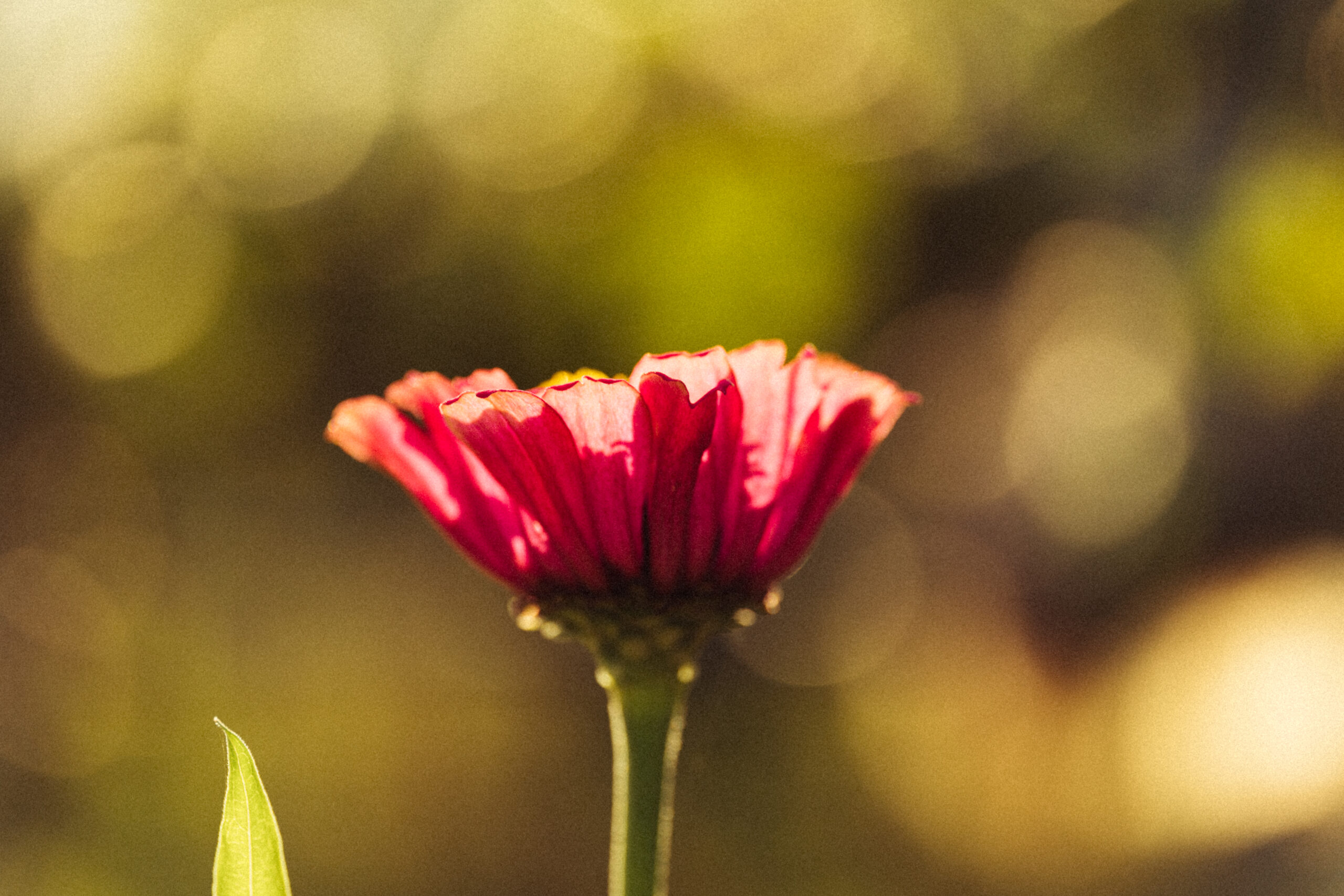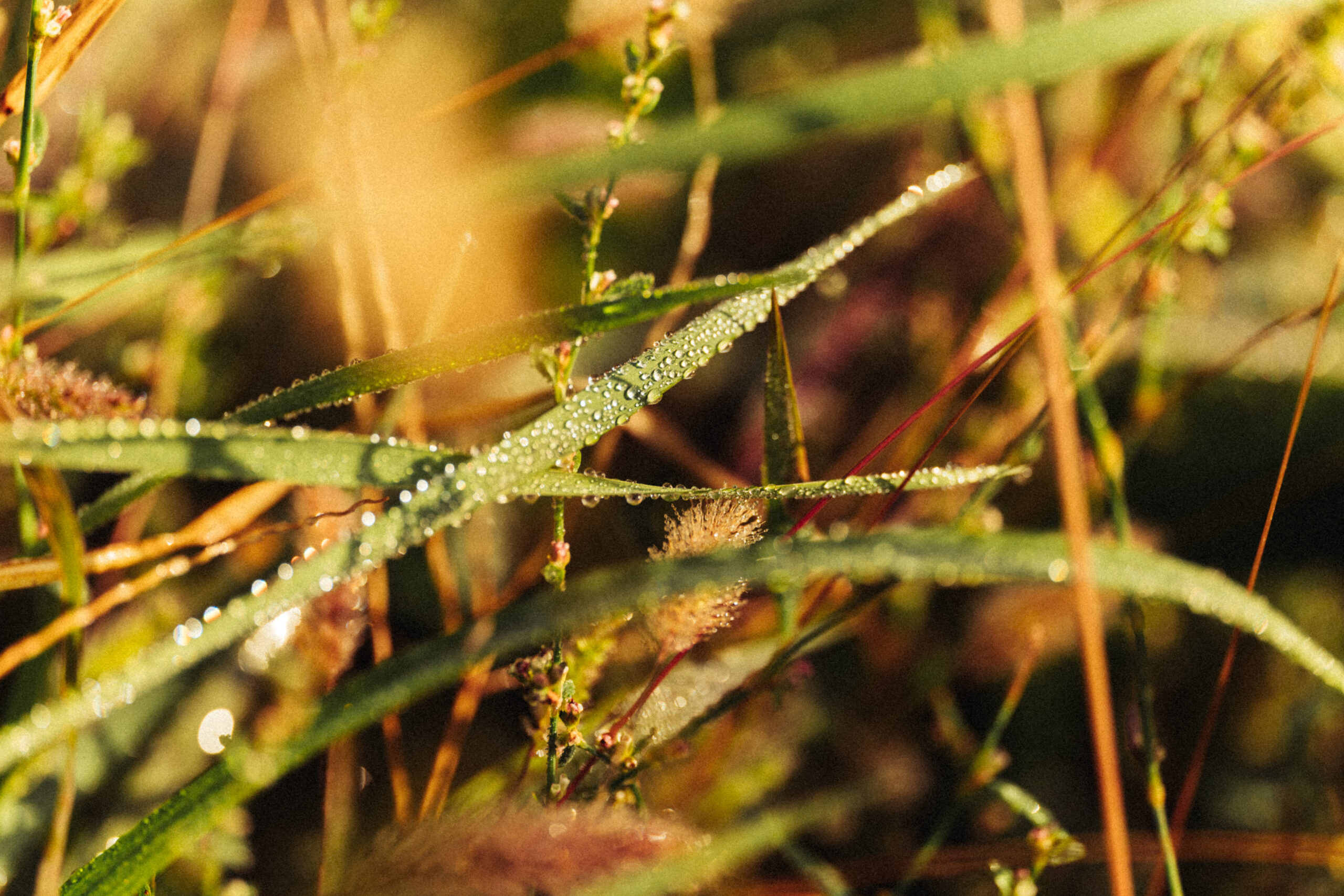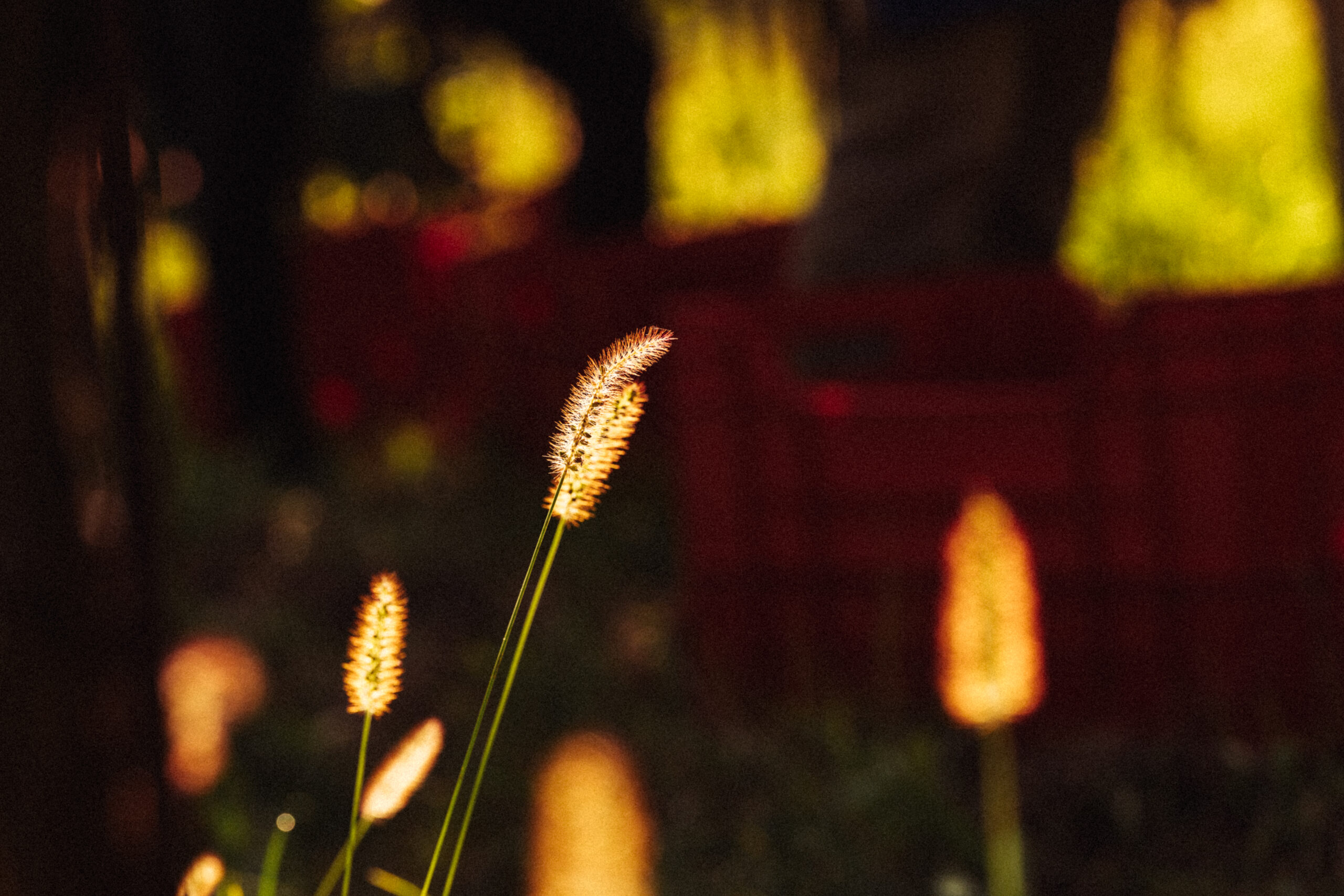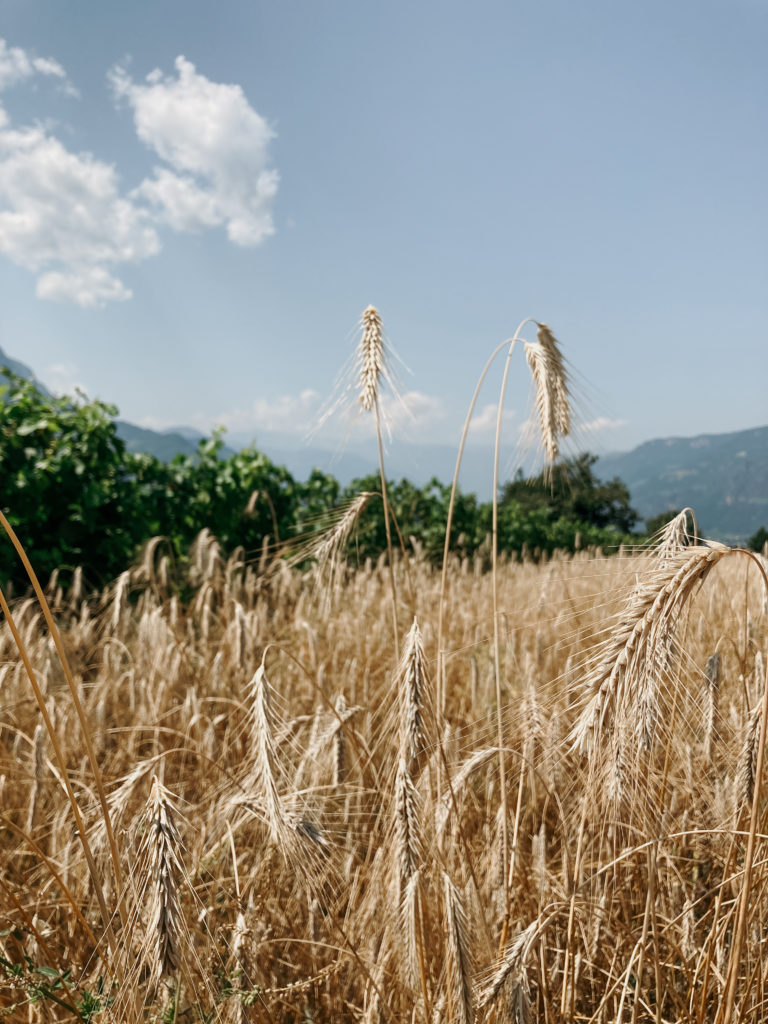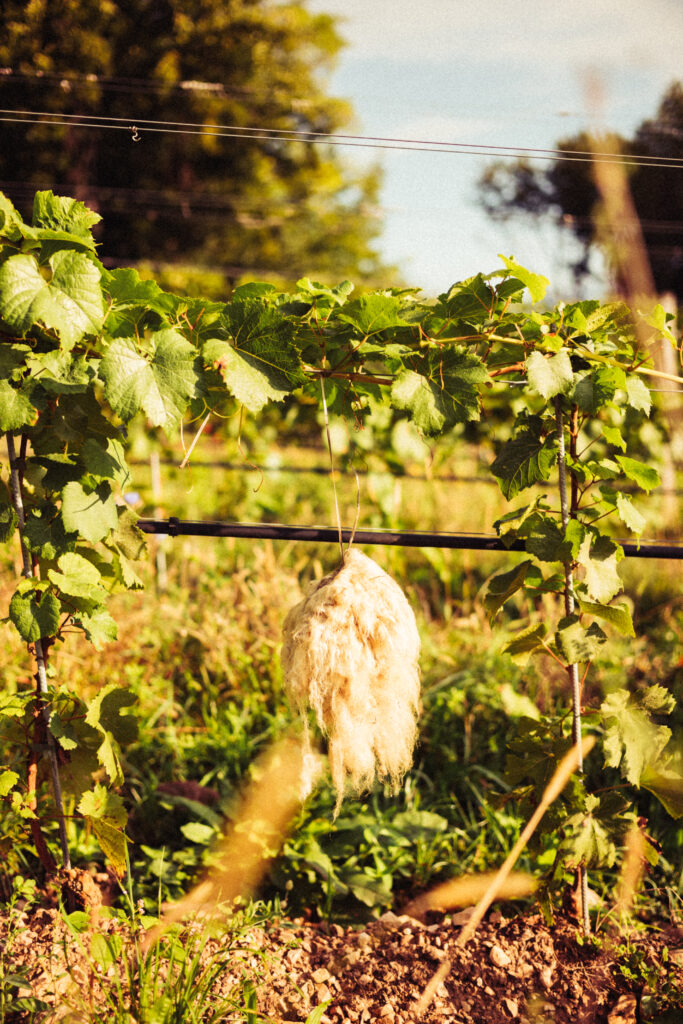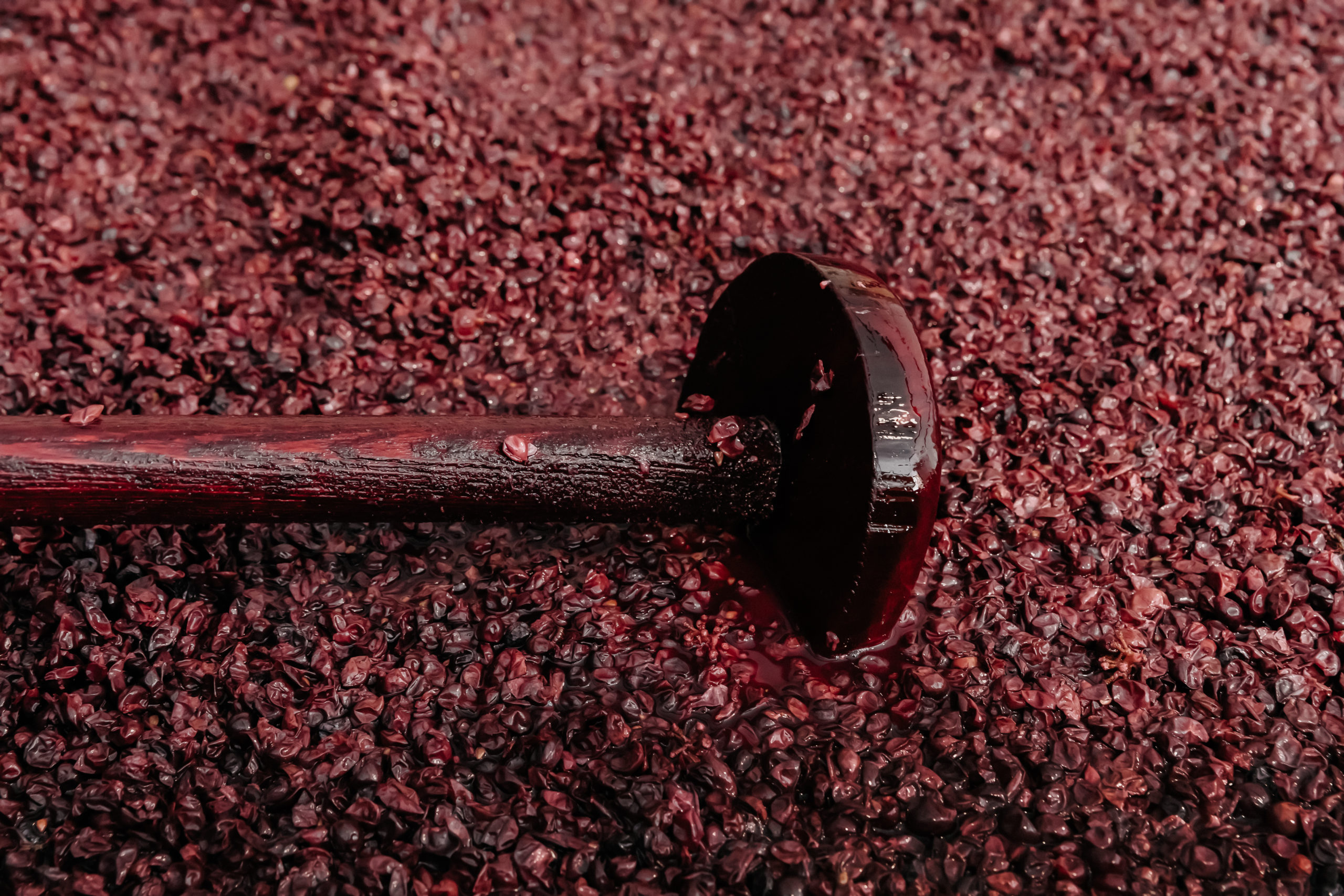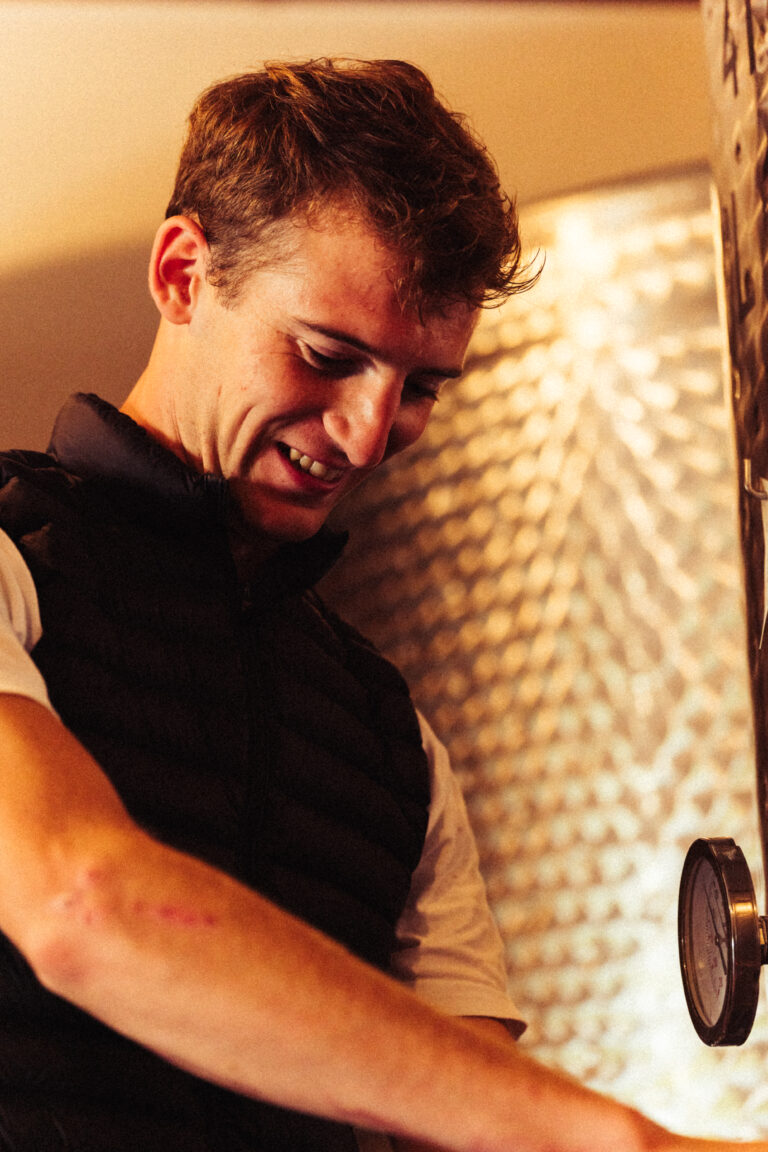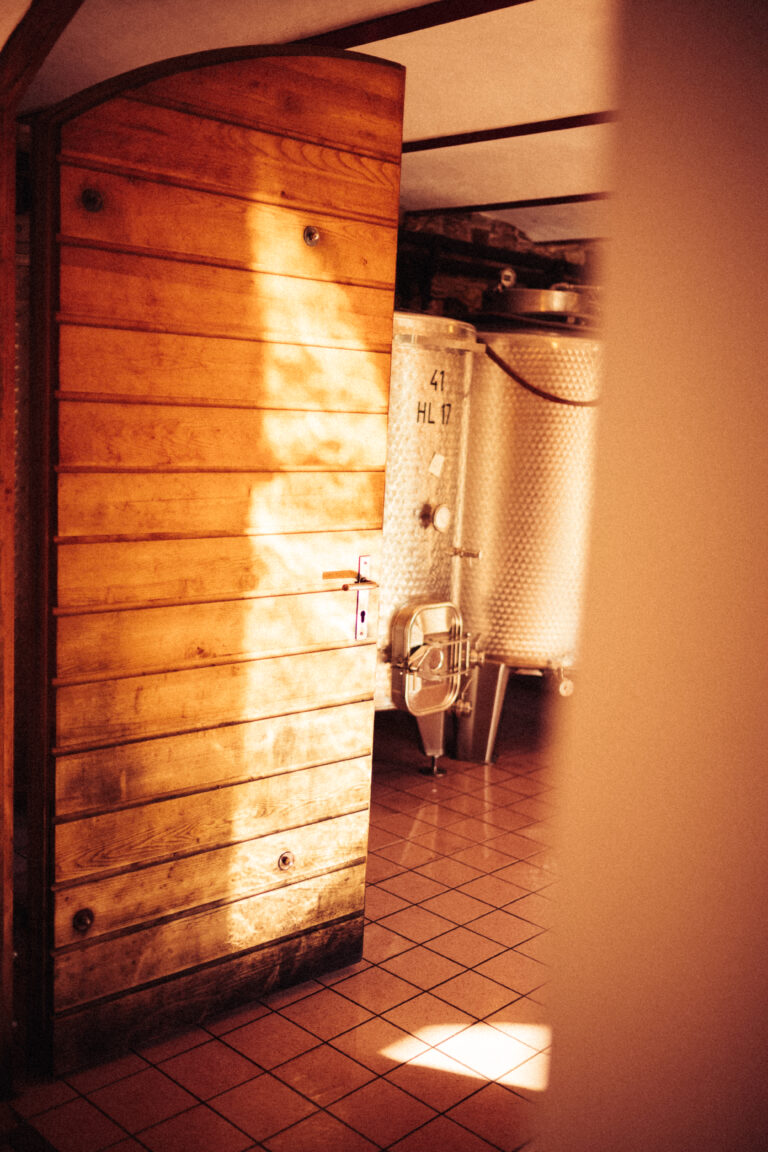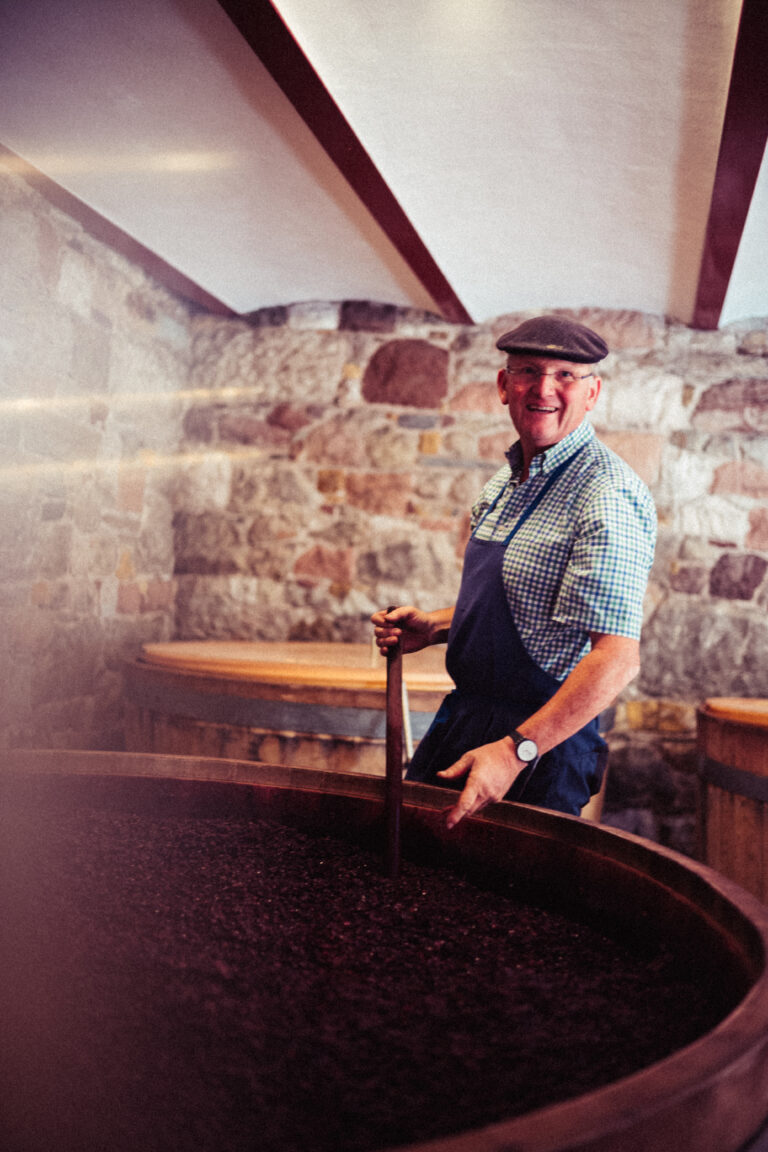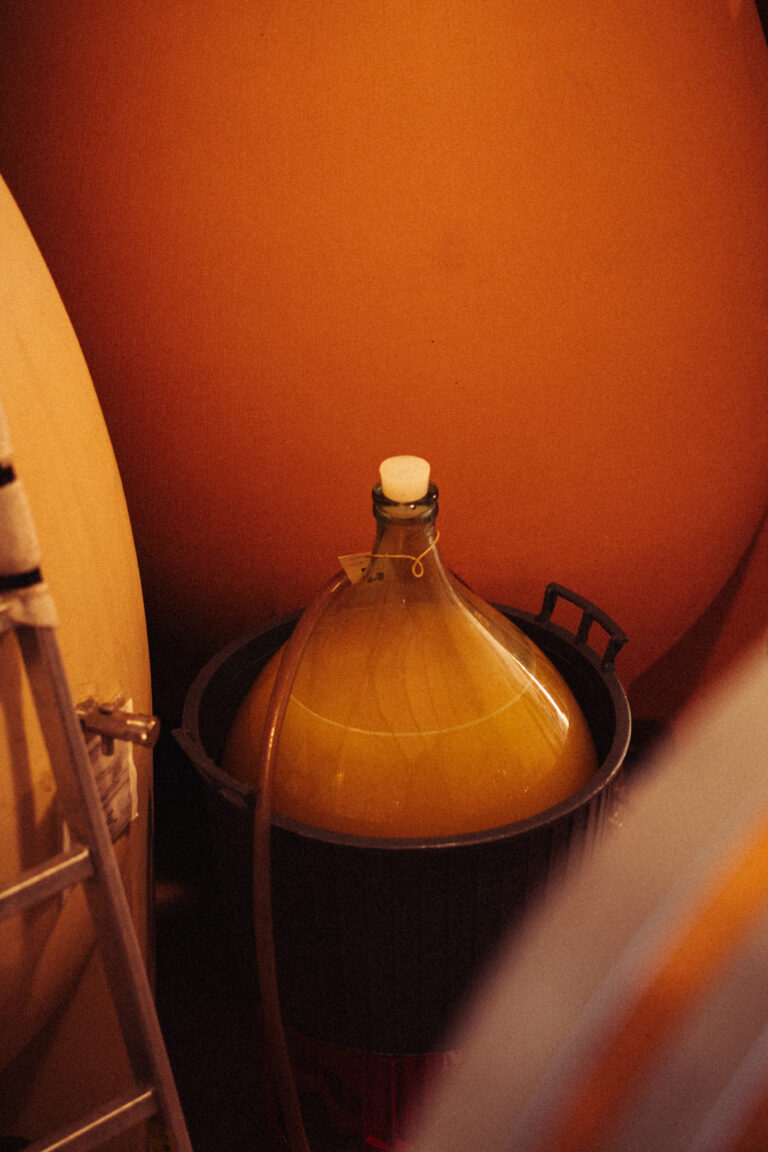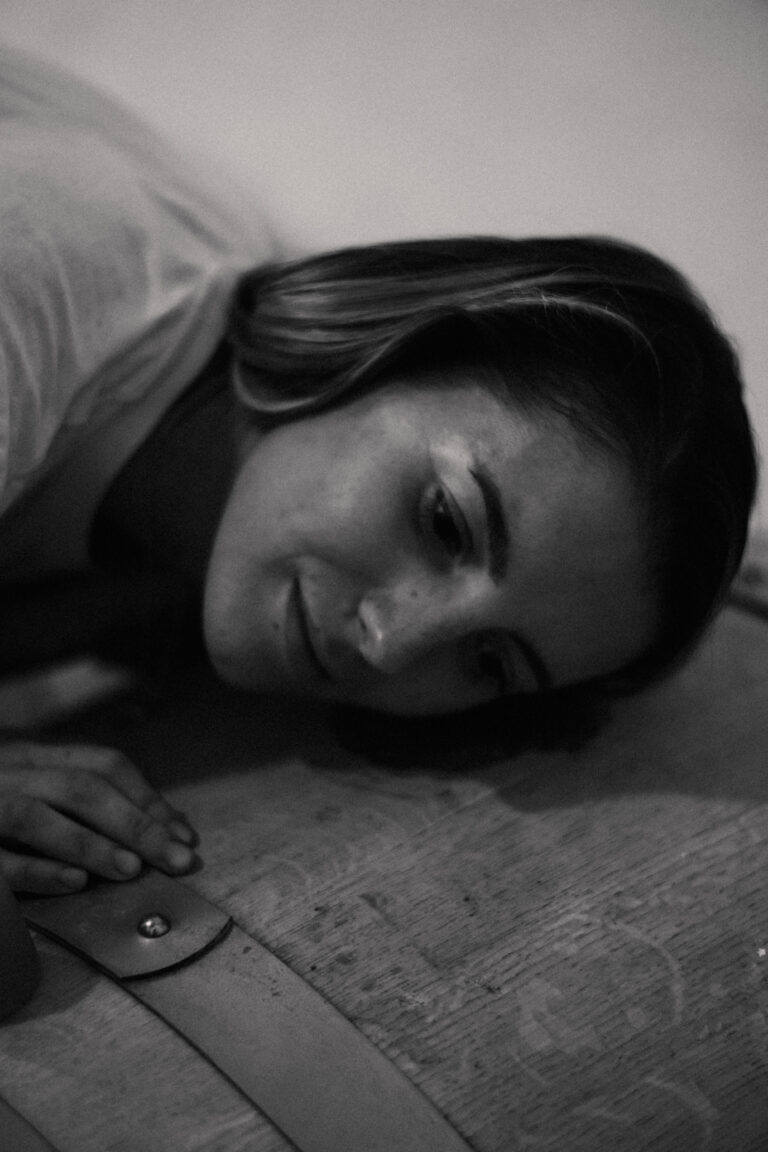Feeling, thinking, understanding
Today, agriculture must reconcile environmental protection, high biodiversity and the conservation of natural resources with economic operation. This applies not least to smaller family farms: economic interests must be compatible with ecological requirements.
We work consciously that we are responsible for our environment. This entails acting with the greatest respect for nature every single day – revering our soil, plants, animals and our peers.
In particular, this means creating a home for bees, ants, butterflies, insects, worms and birds. And above it is a matter of the “invisible”, the microorganisms. They breathe life into our grounds.


